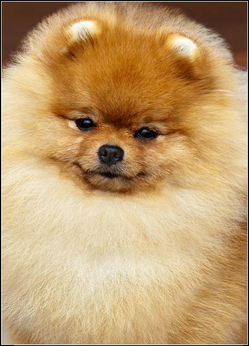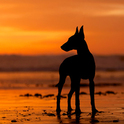| by Carol Beuchat PhD Let's pretend you are one of a group of master chefs, and you each whip up your own special meals using ingredients from a shared pantry. In the pantry there is a "replicator" gadget, and each time someone uses an ingredient they use the replicator to replace it in the pantry. If you have a well-stocked pantry and everybody remembers to use the replicator when they use ingredients, things run very smoothly. But if somebody uses up the last of the sugar making a huge cake and forgets to run the replicator, the next chef that comes to the pantry isn't going to be making desserts that use sugar. In fact, dessert is going to be an unhappy event for everybody. If people are occasionally forgetful - or worse, lazy - the lapses in replication will add up over time. And with fewer ingredients available to you there is less variety in the menu, or you have to scramble to substitute some less suitable ingredient. No doubt about it, your cooking suffers; you can't make what you really want if you don't have the best ingredients. |
Managing the genetics of a breed is like managing the pantry of a collective of chefs. Each breeder is working more or less independently, mixing ingredients to create the dog of their vision, and the quality of the gene pool - the genetic pantry - affects everyone in the breed. Loss of a single gene for nitrogen metabolism from the gene pool affected the entire Dalmatian breed. The ability to mix genes in new combinations to improve a breed depends on having some variety of genes to choose from. If there is no variation, there is nothing to select from. Having a very narrow gene pool in a breed is like facing an impoverished pantry; there's only so much you can do with salt, cranberries, and barbecue sauce, and trying to come up with something incredible for dinner night after night is going to be tough. Managing the pantry is key if all the chefs will have the best possible ingredients to use in creating their culinary vision. A well-managed gene pool benefits both the breeders and the breed.
What does population genetics have to do with breeding dogs? Population genetics is about management of the gene pool, protecting the assets in the breed's genetic pantry. Who is keeping an eye on the pantry of your breed?
Read more about why understanding population genetics is important for dog breeders here.


